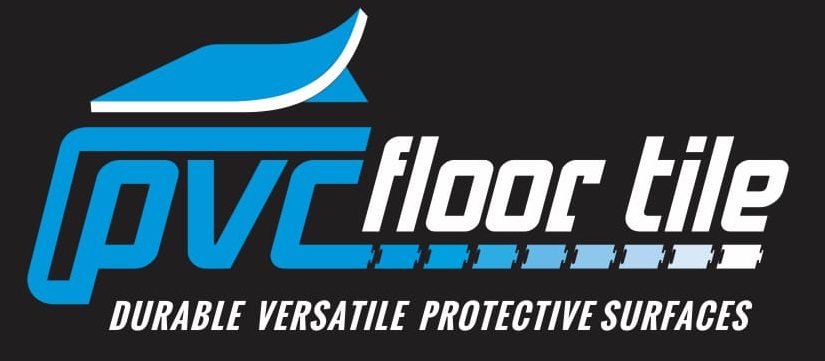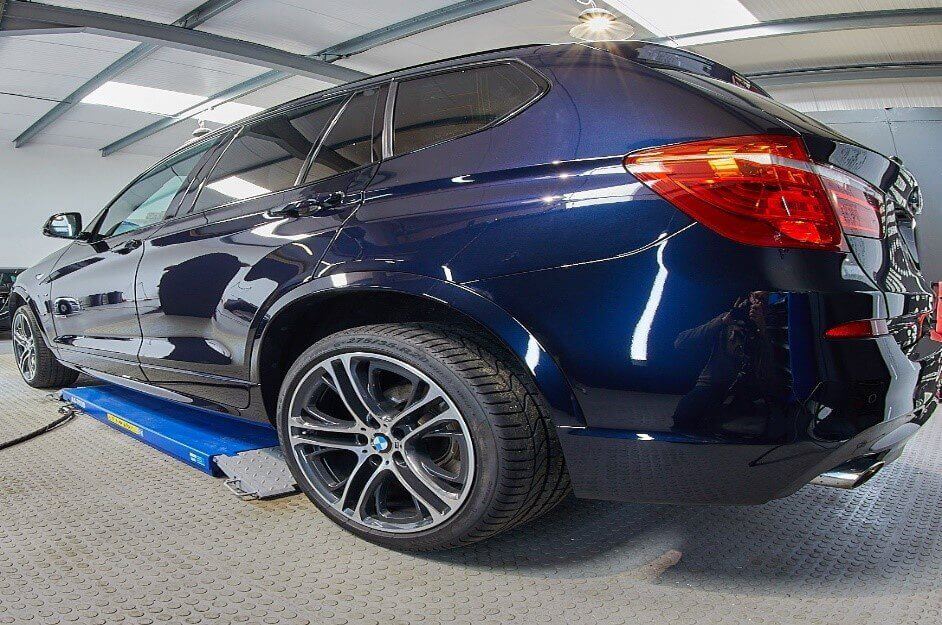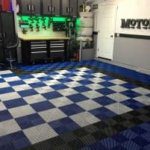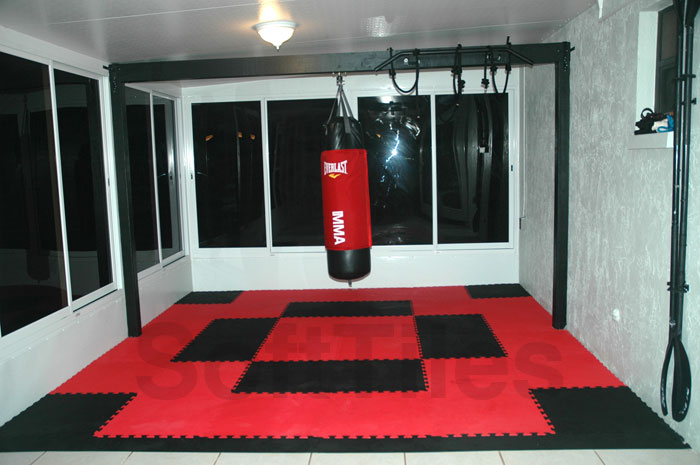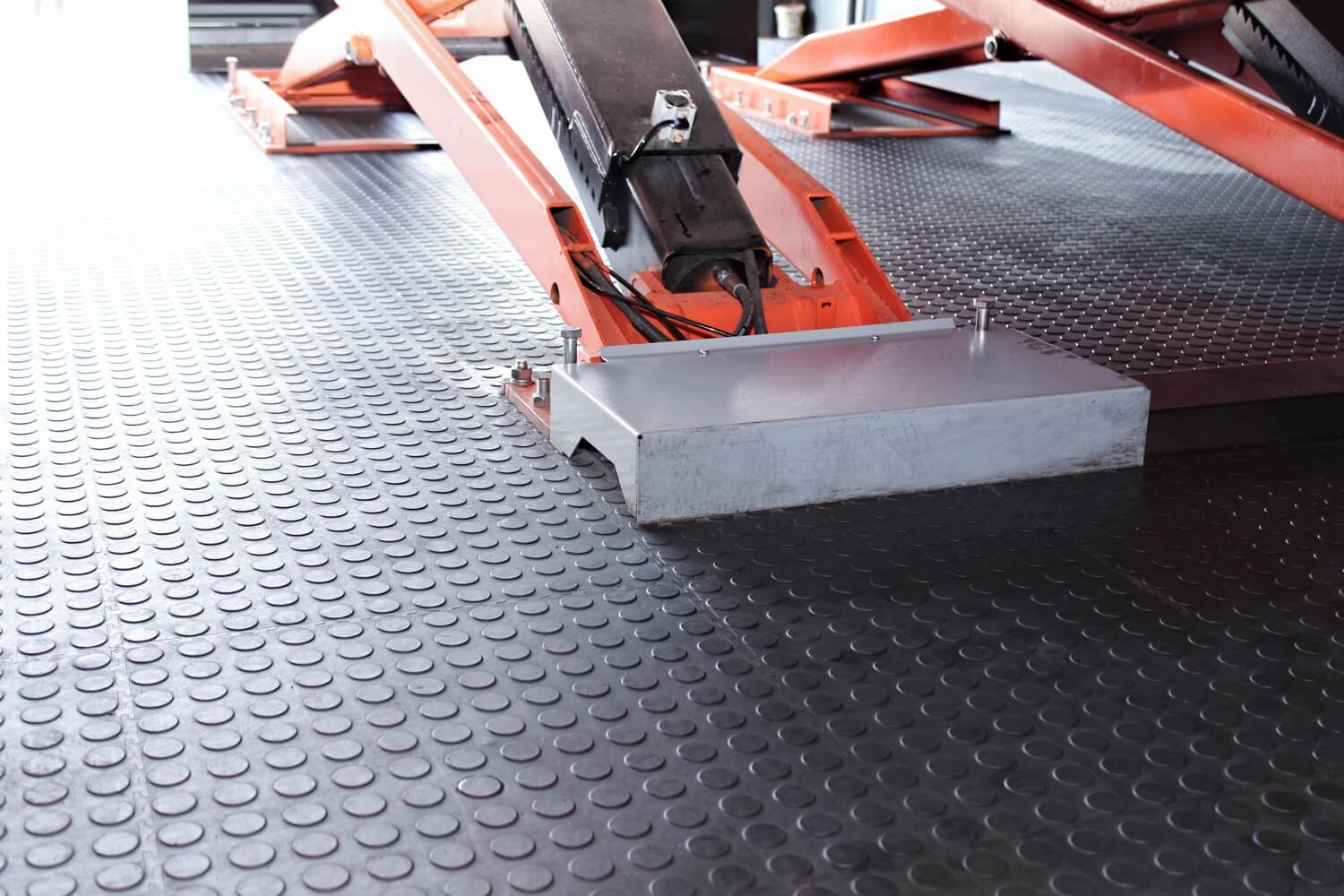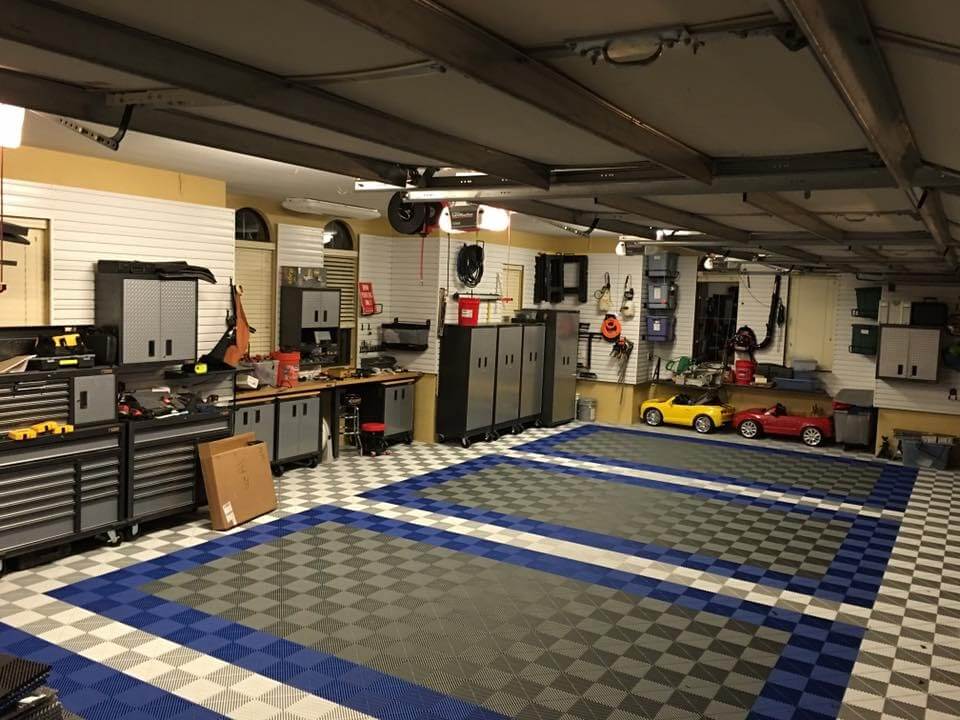Types of Rubber Flooring
Rubber floors comes in many different forms depending on the use or application the rubber flooring is to be used for.
There are different types of flooring that can be used for rubber flooring and are as follows
- Rubber flooring for churches
- Rubber flooring for schools
- Rubber flooring for gyms
- Rubber flooring for garages
- Rubber flooring for airports
- Rubber flooring for pre-schools
- Rubber floors for hospitals
- Rubber floors for government buildings
- Rubber floors for workshops
- Rubber floors for warehouses
- Rubber floors for factories
Rubber Flooring comes in two forms
- Tiles
- Rolls
Rubber Floor Tiles
These are types of rubber that come in blocks, either rectangular or square, they either come with interlocking edges normally known as rubber interlocking tiles and or interlocking rubber foam tiles.
Rubber Rolls
Rolls are becoming popular with consumers because of their silkiness and aesthetic beauties’.
Rubber Floor Price
As of October 2021, interlocking rubber mats were going for R84.95 ex vat and the rubber rolls were going for approximately R256.00 ex vat per linear meter. Rolls are a bit pricier than tiles in general because of the different manufacturing processes involved.
Types of rubber flooring mats
- Tyre rubber flooring mats
- Pvc Interlocking mats
Types of rubber roll floors
- Insertion rubber rolls
- Pvc rubber rolls
Rubber Mats
Rubber mats come in many forms and shapes, some are solid and some have pores in them. All of this depends on the applications you would like to use the rubber mats for. Below are the main purposes of rubber floors:
- As entrance matting
- Fitness flooring tile purpose
- Requirements on non-slip conditions
- Flooring for buses and other vehicles
- Electrical insulation purposes
- Noise damping
- Loading areas
- Change rooms and bathrooms
- Workshops and factory flooring
- Ergonomic flooring
Big rubber mats are normally used in gyms as the purpose needs to fit for that, they are normally black rubber mats as they are generally the cheaper of all colors. Pvc Floor Tile is a rubber mat company that provides all types of rubber mats.
Types of Rubber Mats
- Black rubber mats
- Big rubber mats
- Rubber mats for concrete floors
- Rolled rubber floors
- Dot rubber floors
- Blue rubber mats
- Solid rubber mats
- Black rubber floor mats
- Rubber floor mats
- Flexible rubber mats
- Rubberized floor mats
- Recycled rubber floor tiles
- Rubber mat tiles
A special type of rubber mats
Safety Duckboard
Safety duckboard is a form of interlocking PVC tile that has visible pores. It is ideal for most outdoor environments and hence some people call them outdoor rubber interlocking mats.
It is also ideal for environments that require non-slip traction and easy-to-maintain flooring. It also has some anti-fatigue properties hence also being used in factories
| Description | Properties |
| Dimensions | 450mmx450mm |
| Thickness | 16mm |
| Size Package | 5 tiles (1 sqm) |
| Weight | 9kgs per sqm |
| Standard Colour | Black |
| Application | § Factory
§ Workshops § Outdoor entrance |
Interlocking Shower Tiles
Shower tiles are made of superior Pvc grade A material and basically used in wet conditions such as showers, bathrooms, laundry rooms, kitchen floors.
Characteristics of shower rubber mats
- Versatile
- Comfort
- Soft
- Durability
- DIY interlock installation
| Description | Properties |
| Dimensions | 330mmx330mm |
| Thickness | 10mm |
| Size Package | 9 tiles (1 sqm) |
| Weight | 5.5kgs per sqm |
| Standard Colour | Black |
| Application | § Shower rooms
§ Laundry rooms § Kitchen Surfaces |
Frequently Asked Questions
Q1: What makes rubber flooring a smart choice for both style and functionality in modern living spaces?
Rubber flooring stands out in modern interiors for its versatility and style. It’s a superb choice across diverse settings, from chic home gyms to bustling commercial areas. This flooring type not only holds up impressively under heavy use but also matches any décor with its range of textures and colors. Its blend of durability, aesthetic appeal, and versatility makes it an essential component of contemporary living environments.
Q2: How should rubber flooring be maintained to ensure its longevity?
Maintaining rubber flooring is straightforward and essential for its longevity. Start with regular cleaning using a mild cleaner to prevent dirt buildup and minimize wear. Opt for rubber-friendly cleaning products to avoid damage. For tailored advice, consider consulting specialists who can provide specific care tips based on your flooring type. Implementing a personalized maintenance plan based on expert recommendations will keep your flooring in prime condition for years.
Q3: What should be considered when choosing between DIY and professional installation of rubber flooring?
Deciding between DIY and professional installation of rubber flooring involves several considerations:
- DIY Installation: Suitable for those with some home improvement experience and looking to save on costs. Evaluate if you have the necessary tools and whether the installation scope is manageable on your own.
- Professional Installation: Recommended for complex areas or high-traffic commercial spaces. Professionals ensure a precise and durable installation, often backed by warranties, reducing future stress and maintenance.
Weigh factors like cost, time, effort, and the complexity of your project to make an informed decision.
Q4: How do installation methods vary between residential and commercial rubber flooring?
Residential installations often favor ease and speed, utilizing methods like floating floors that don’t require adhesives, making them ideal for quick updates. Commercial spaces, however, require more durable installations like full or border adhesive methods to withstand heavy traffic and ensure long-term performance.
Q5: What installation considerations are crucial for rubber flooring?
When installing rubber flooring, assess the specific needs of your space, such as foot traffic and environmental conditions. Choose a suitable installation method—floating for less permanent setups and adhesive for high-traffic areas. Proper installation ensures enhanced durability and maintenance efficiency.
Q6: How does rubber flooring support creative and stylish interior designs?
Rubber flooring offers extensive design flexibility, making it a favorite for both practical and aesthetic purposes in modern interiors. Its wide range of colors and patterns allows for creative expressions that can enhance any space’s look and feel.
Q7: Why is rubber flooring preferred for high-traffic areas?
Its durability and ability to maintain appearance make rubber flooring ideal for busy spaces. It resists wear and tear, handling high traffic with ease while continuing to look great.
Q8: How does rubber flooring enhance comfort and safety?
Rubber flooring is valued for its shock absorption qualities, enhancing comfort and reducing injury risks in active environments. This makes it ideal for places like playgrounds and workplaces where comfort and safety are priorities.
Q9: What distinguishes vulcanized from non-vulcanized rubber flooring?
Vulcanized rubber flooring is known for its superior durability and non-porous nature, ideal for heavy-use areas. Non-vulcanized rubber offers environmental benefits as it’s often made from recycled materials, balancing sustainability with performance.
Q10: What features make rubber flooring a prime choice for contemporary spaces?
Rubber flooring excels in durability, comfort, sustainability, and design versatility, making it an excellent choice for modern environments that value both style and function.
Q11: How does rubber flooring contribute to sustainability?
Rubber flooring is eco-friendly, often made from recycled materials like car tires, which reduces waste and resource consumption. Its long lifespan also decreases the need for frequent replacements, enhancing its sustainability.
Q12: What benefits does rubber flooring provide?
Rubber flooring is durable, comfortable, safe, sustainable, and versatile, offering significant advantages for various applications from homes to commercial buildings.
Q13: What are the aesthetic options for rubber flooring at Flooring Inc.?
Flooring Inc. offers a diverse range of rubber flooring designs, including colors, patterns, and textures to meet any decorating need, helping customers create unique and appealing spaces.
Q14: How does Flooring Inc. maintain high standards in their rubber flooring products?
Flooring Inc. partners with top manufacturers to ensure high-quality, durable, and aesthetically pleasing rubber flooring solutions, meeting customer needs and maintaining high industry standards.
Though Pvc floor tile does not do branded rubber mats, we do recommend you do visit www.brandmat.co.za or www.welcomemats.co.za, they do supply quality branded rubber mats.
